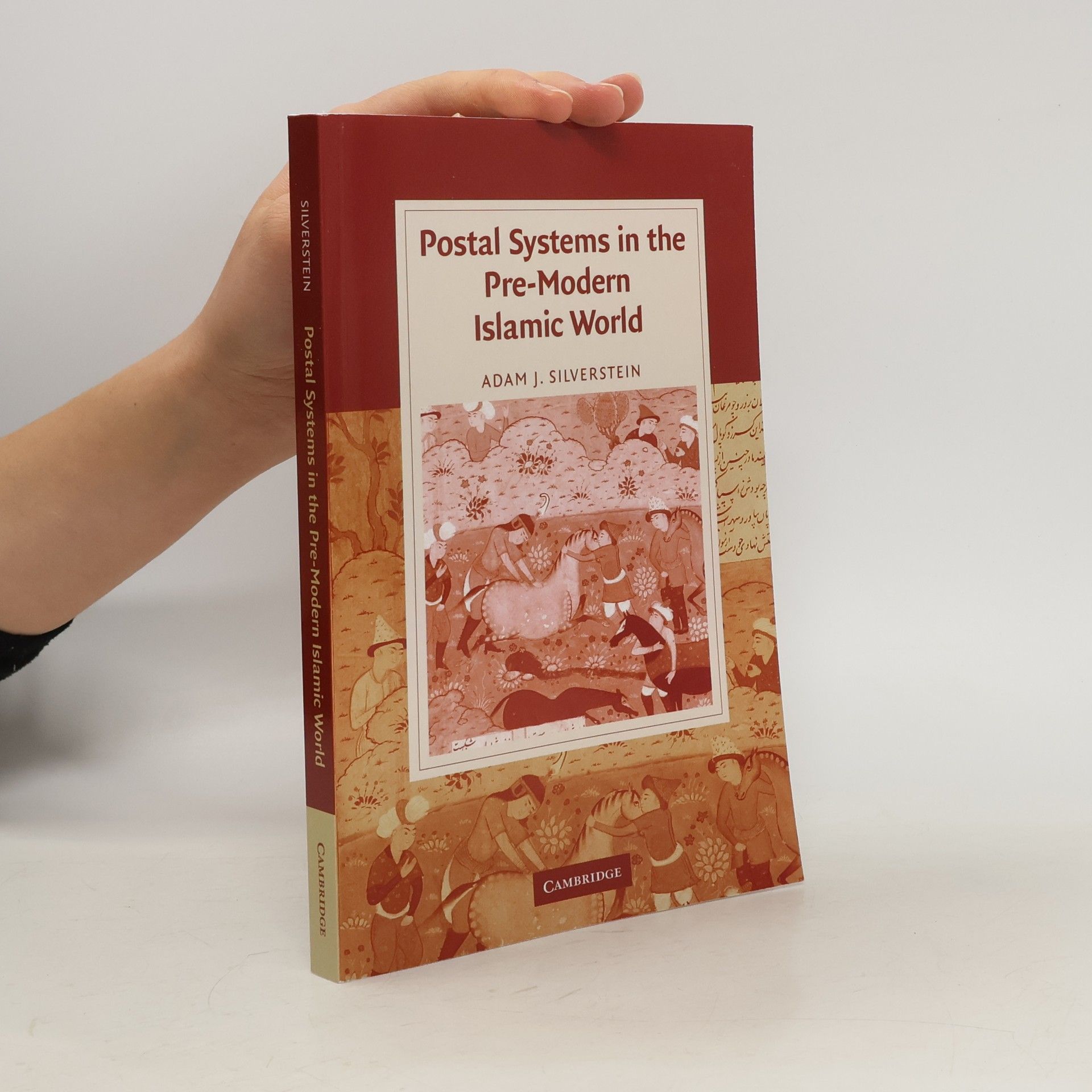Christianity in Fifteenth-Century Iraq
- 323 Seiten
- 12 Lesestunden
Drawing on a rich variety of sources, Carlson explores Christianity in fifteenth-century Iraq and opens new possibilities for understanding this religiously-diverse pre-industrial society and culture. This book expands the possibilities for global Christianity and shows that 'Islamic... číst celé

